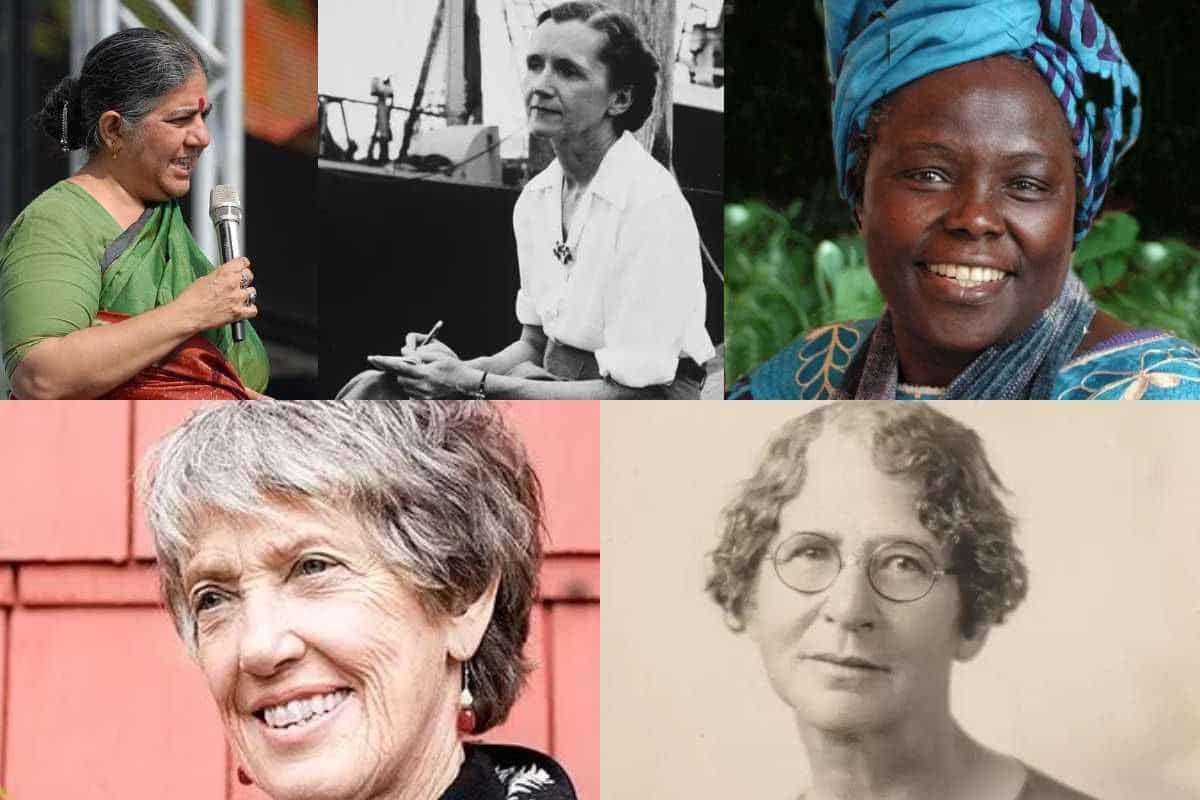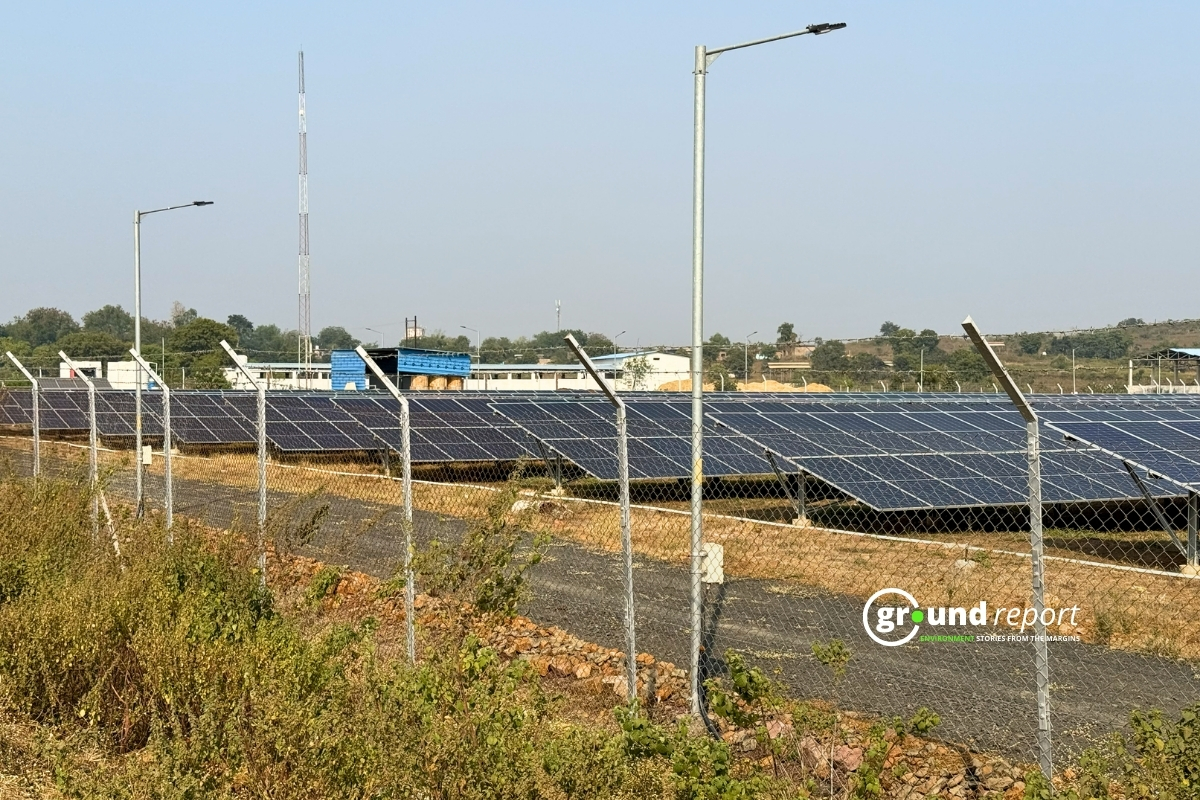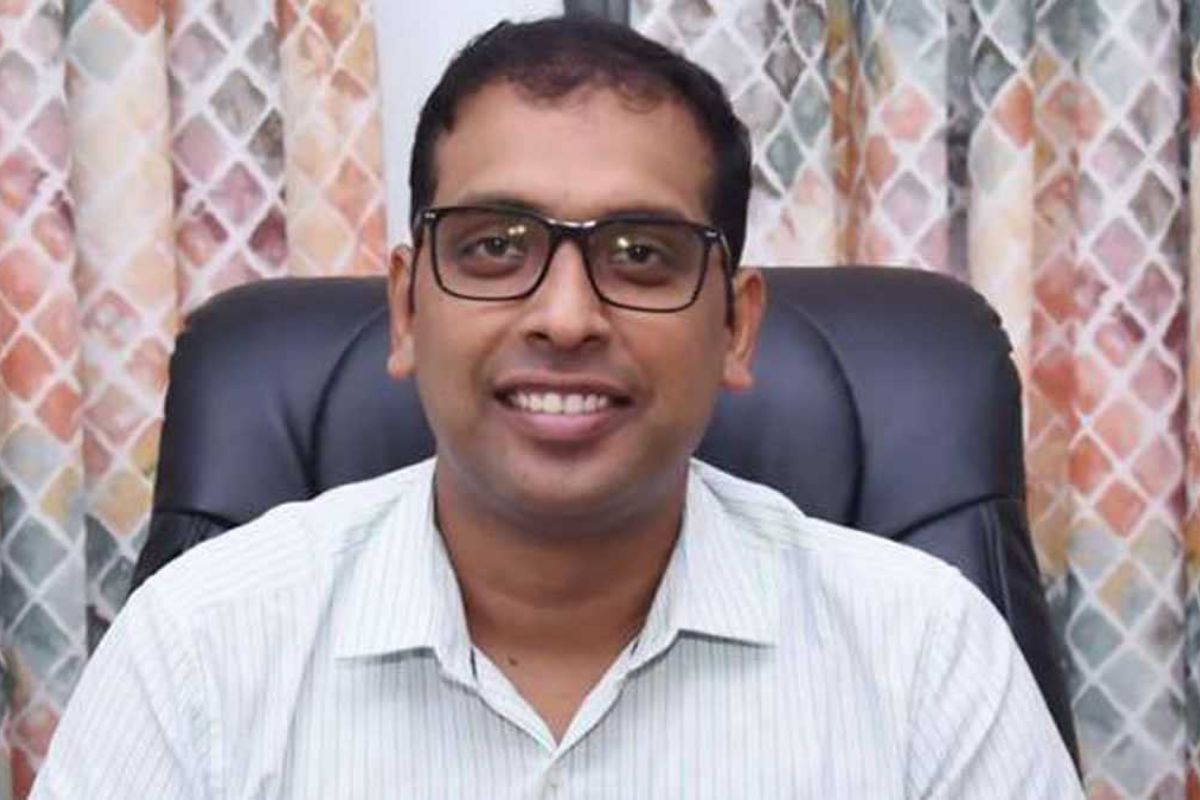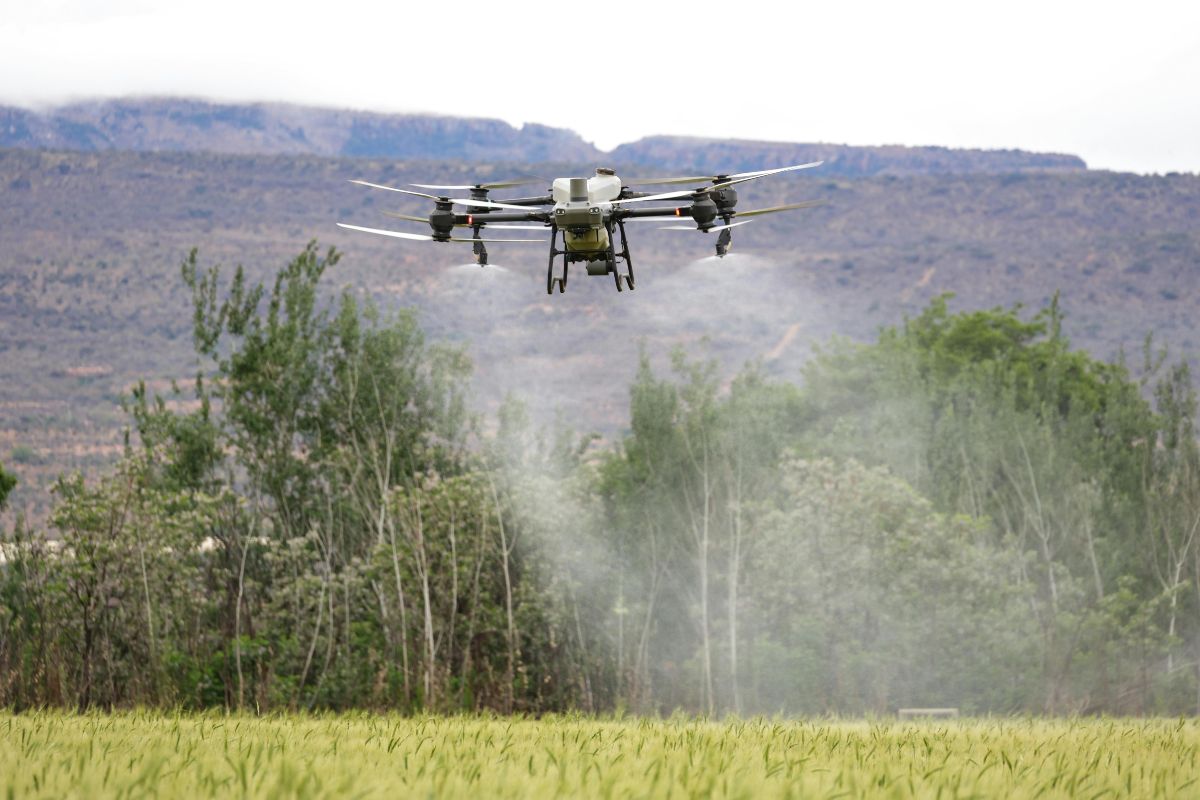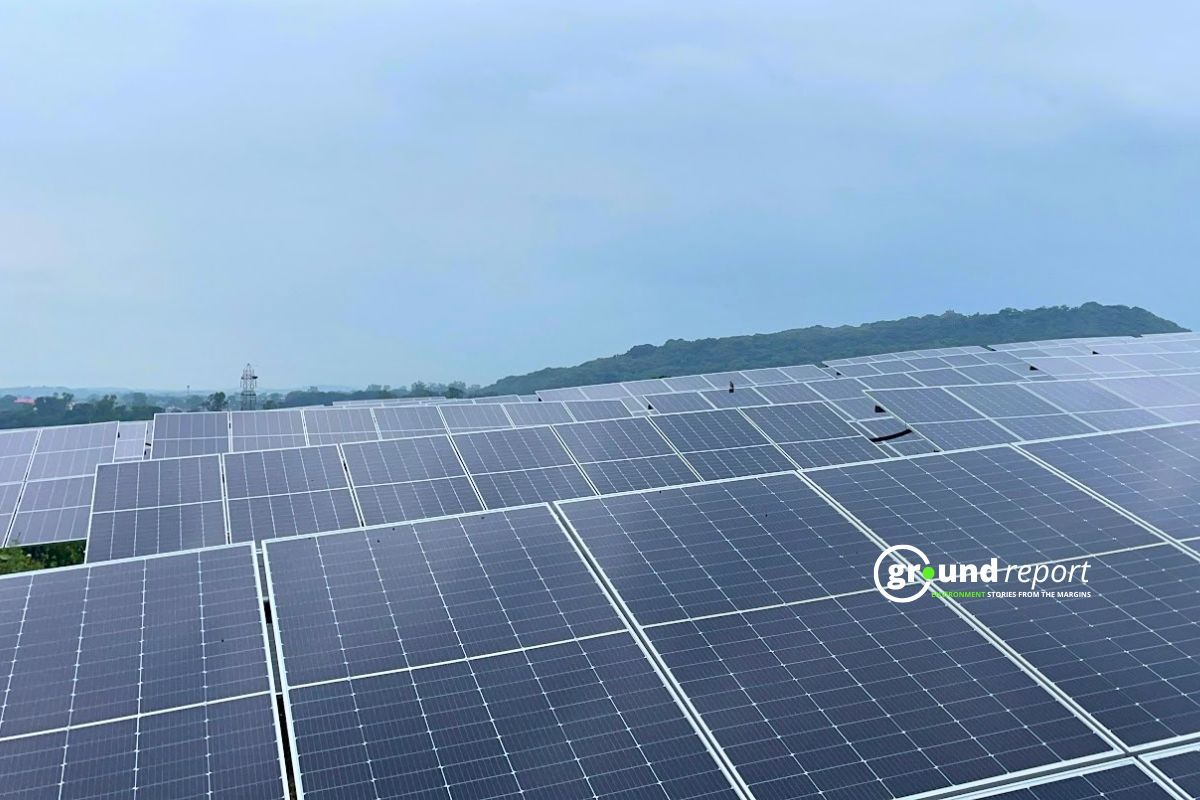Environmentalism is an important movement that seeks to preserve and protect the planet for future generations. While many men have played prominent roles in the environmental movement, there have also been many women who have made significant contributions.
In this article, we will highlight 10 women environmentalists you should know about.
Rachel Carson
Rachel Carson was an American marine biologist and conservationist who is best known for her book “Silent Spring,” which documented the harmful effects of pesticides on the environment and helped to launch the modern environmental movement.
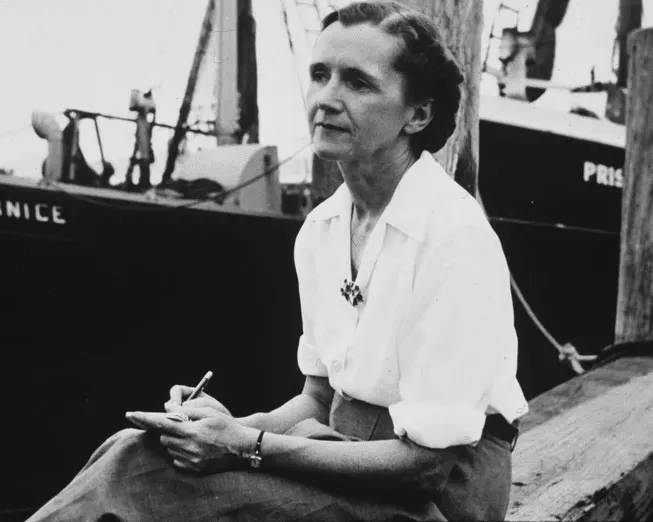
Rachel Carson was an American marine biologist and conservationist who is widely considered to be the founder of the modern environmental movement. She was born on May 27, 1907, in Springdale, Pennsylvania, and grew up in a family that encouraged a love of nature.
Carson attended college at Pennsylvania College for Women (now Chatham University) and later earned a master’s degree in zoology from Johns Hopkins University. She worked as a biologist and writer for the U.S. Bureau of Fisheries and later the U.S. Fish and Wildlife Service, where she gained a reputation for her research and writing about the ocean and its inhabitants.
She was a trailblazer for women in science and inspired many others to take up environmental activism.
Carson died on April 14, 1964, at the age of 56, after a long battle with breast cancer. Her legacy as a pioneering environmentalist and writer continues to inspire people around the world to this day.
Wangari Maathai
Wangari Maathai was a Kenyan environmentalist and political activist who founded the Green Belt Movement, which encouraged the planting of trees to combat deforestation and soil erosion.
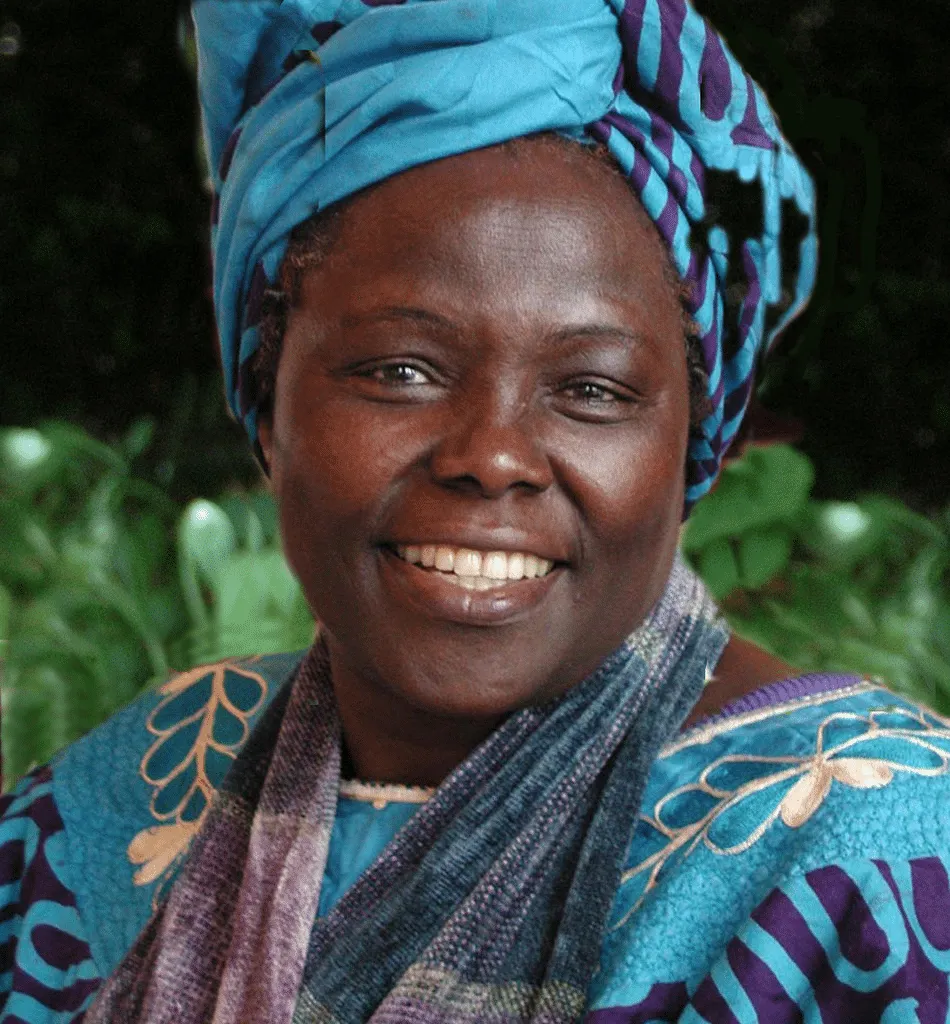
Maathai was born on April 1, 1940, in the small village of Ihithe in central Kenya. She was one of several siblings and grew up in a traditional Kikuyu family that emphasized the importance of education.
Maathai went on to study biology at Mount St. Scholastica College in Atchison, Kansas, and later earned a master’s degree in biological sciences from the University of Pittsburgh.
After returning to Kenya in the 1960s, Maathai became increasingly concerned about the environmental problems facing her country. Deforestation, soil erosion, and water pollution were all on the rise, and Maathai saw firsthand the impact these issues were having on local communities.
In 2004, Maathai was awarded the Nobel Peace Prize in recognition of her work promoting sustainable development, democracy, and peace. She was the first African woman to receive the prize and only the third woman overall.
Maathai continued to be a leading voice for environmentalism and social justice until her death in 2011. Her legacy has inspired countless people around the world to take action to protect the planet and to fight for a more just and sustainable future.
Jane Goodall
Jane Goodall is a British primatologist and anthropologist who has spent much of her career studying chimpanzees in the wild.
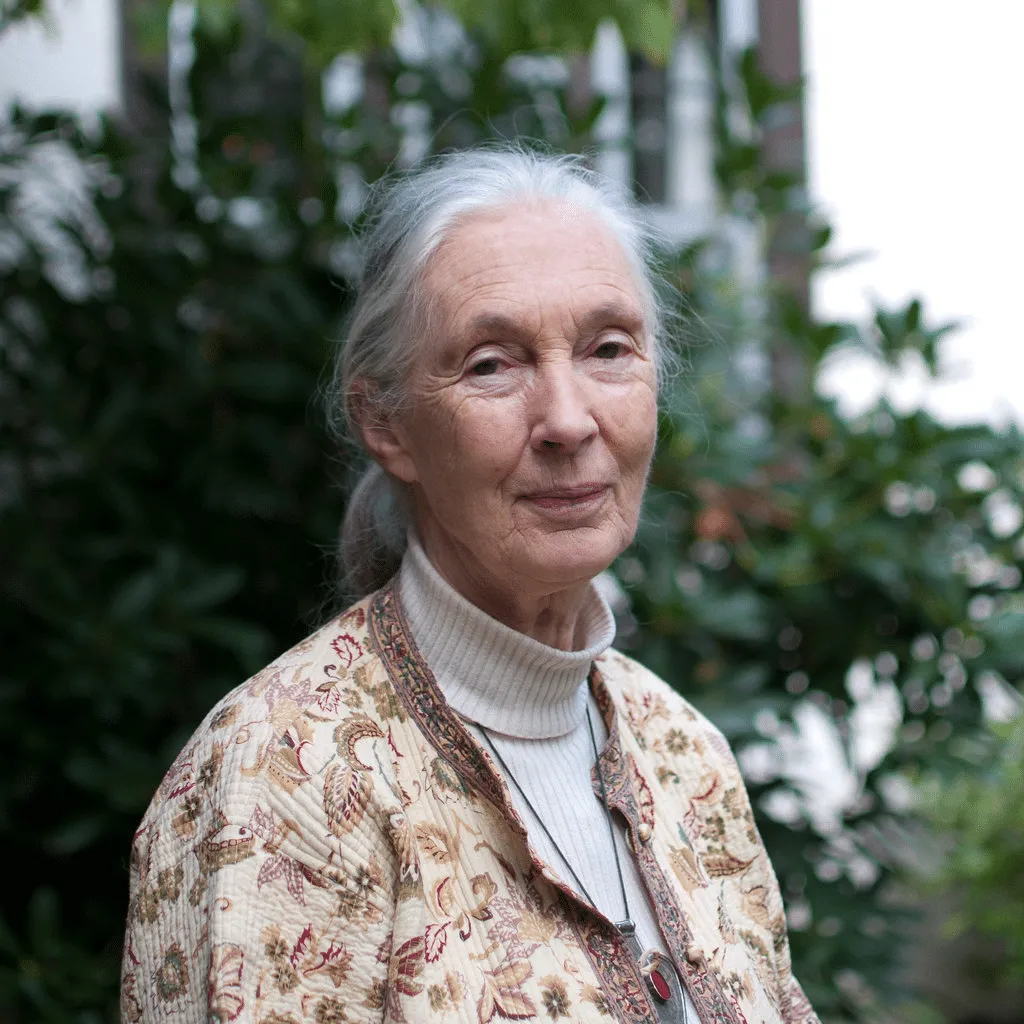
Her work has helped to shed light on the complex social behaviors of these animals and has led to greater efforts to protect them and their habitats. She has also been an advocate for animal welfare and conservation.
Goodall is widely considered to be one of the most influential scientists of the 20th century, and her work has had a significant impact on the fields of primatology, conservation biology, and animal welfare.
Goodall was born on April 3, 1934, in London, England, and developed an early fascination with animals and the natural world. After completing her studies at the University of Cambridge, she went to Tanzania in 1960 to study chimpanzees in the wild.
Over the next several decades, Goodall observed the social and behavioral patterns of chimpanzees, documenting their use of tools, their communication methods, and their relationships with one another.
Goodall’s work challenged many of the prevailing assumptions about chimpanzees and other primates, and it helped to reshape our understanding of the relationship between humans and other animals.
She also became a prominent advocate for animal welfare and conservation, speaking out against habitat destruction, poaching, and other threats to wildlife.
Goodall has received numerous awards and honors for her work, including the Order of Merit from Queen Elizabeth II, the Kyoto Prize, and the U.N. Messenger of Peace designation.
She continues to be a leading voice for conservation and animal welfare, and her legacy continues to inspire people around the world to take action to protect the natural world.
Vandana Shiva
Vandana Shiva is an Indian environmental activist and author who has focused on issues related to biodiversity, agriculture, and the rights of indigenous people.
She has been a vocal critic of genetically modified crops and has advocated for sustainable farming practices. She has also worked to promote social and environmental justice.
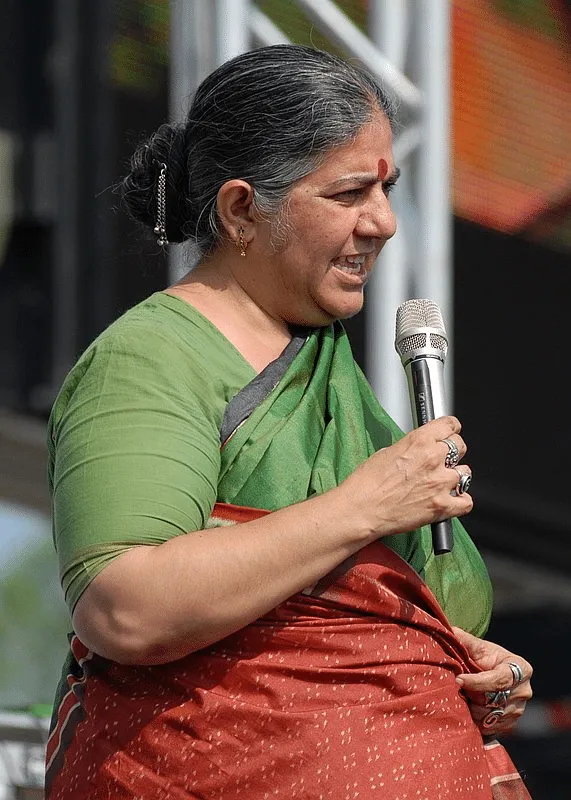
Shiva was born on November 5, 1952, in Dehradun, India, and grew up in a family that emphasized education and social justice.
After studying physics at Panjab University and completing a PhD in philosophy at the University of Western Ontario, she returned to India in the late 1970s and began working on environmental and social issues.
In the 1980s, Shiva became increasingly concerned about the impact of industrial agriculture on the environment and on traditional farming communities.
She saw firsthand how monoculture farming, genetically modified crops, and chemical fertilizers and pesticides were destroying biodiversity, degrading soil health, and contributing to climate change.
Shiva has received numerous awards and honors for her work, including the Right Livelihood Award, also known as the “Alternative Nobel Prize,” and the Sydney Peace Prize.
Her legacy continues to inspire people around the world to take action to protect the environment, promote social justice, and build a more sustainable and equitable future.
Sylvia Earle
Sylvia Earle is an American marine biologist and oceanographer who has made numerous expeditions to study the deep sea.
She has been a leading advocate for ocean conservation and was the first female chief scientist of the National Oceanic and Atmospheric Administration. Her work has helped to raise awareness of the importance of the ocean to our planet’s health.
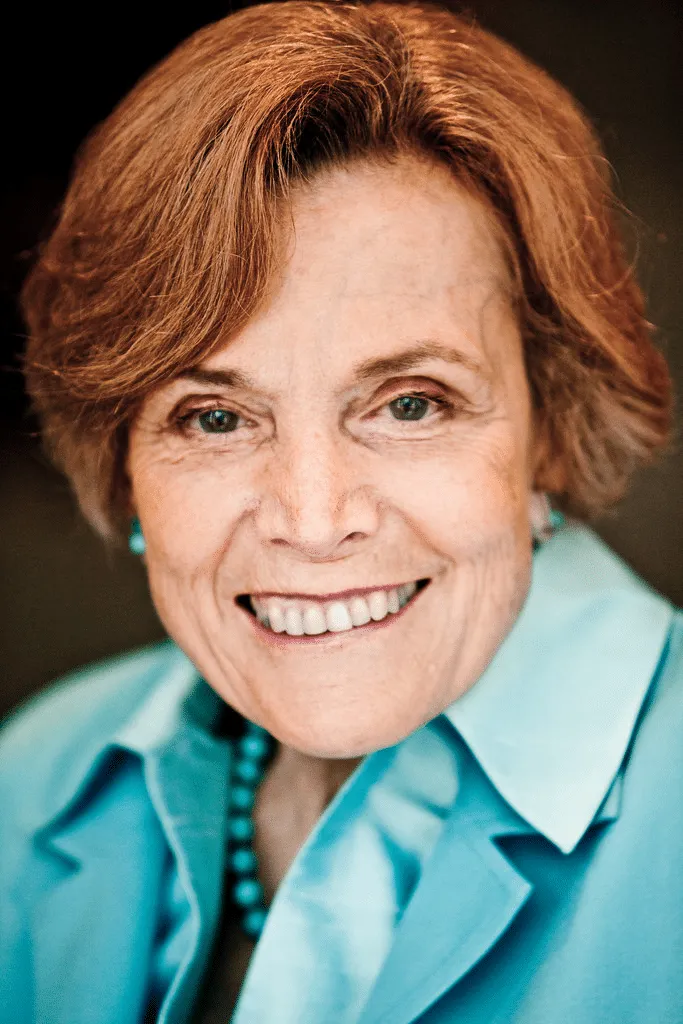
She has led more than 100 expeditions and logged more than 7,000 hours underwater, studying and documenting the ocean’s biodiversity and ecosystems. Earle is also a prolific author, speaker, and advocate for ocean conservation.
Earle was born on August 30, 1935, in Gibbstown, New Jersey, and developed an early fascination with marine life.
She earned a bachelor’s degree in biology from Florida State University and a master’s degree and doctorate in phycology (the study of algae) from Duke University.
In the early 1970s, she served as the first female chief scientist of the National Oceanic and Atmospheric Administration (NOAA).
Earle’s work has focused on exploring and studying the ocean’s ecosystems, with a particular emphasis on understanding the impacts of climate change, pollution, and overfishing.
She has been a leading advocate for the establishment of marine protected areas (MPAs) and other conservation measures to protect the ocean’s biodiversity and promote sustainable fishing practices.
Joanna Macy
Joanna Macy is an American environmental activist, writer, and teacher who has focused on issues related to sustainability and social justice.
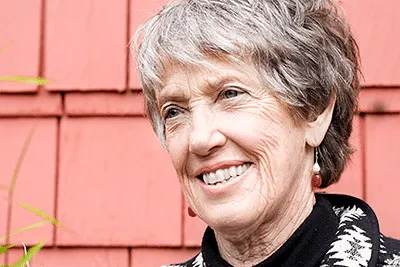
She has developed a framework called “The Work That Reconnects,” which emphasizes the importance of emotional and spiritual resilience in the face of environmental challenges.
She has been an advocate for environmental justice and has worked to promote the rights of indigenous people.
Macy has been involved in environmental and peace activism since the 1960s, and has played a key role in several social and environmental movements.
She co-founded the Nuclear Guardianship Project, which advocated for the safe disposal of nuclear waste, and the Global Peace Initiative of Women, which promotes conflict resolution and peacebuilding.
Macy is also known for developing a framework for personal and social transformation called “The Work That Reconnects,” which draws on Buddhist teachings, systems theory, and deep ecology to help individuals and communities confront the ecological crisis and work towards a more sustainable future.
Winona LaDuke
Winona LaDuke is an American environmentalist and political activist who has worked to promote sustainable development and the rights of indigenous people.
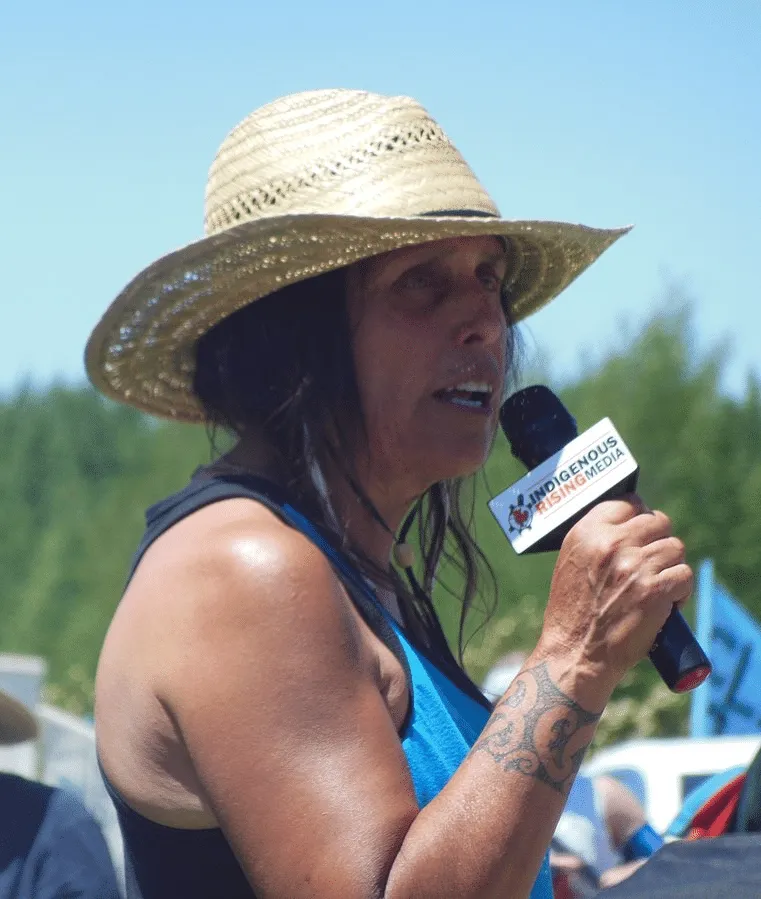
She has been a vocal opponent of fossil fuel extraction and has advocated for the use of renewable energy sources. She has also worked to promote environmental justice and has been a champion for Native American rights.
Winona LaDuke (born August 18, 1959) is an American environmentalist, activist, writer, and economist. She is a member of the Anishinaabe tribal and is of Ojibwe and Jewish descent.
LaDuke has dedicated her life to advocating for indigenous rights, environmental justice, and sustainable development.
LaDuke is known for her work as the executive director of Honor the Earth, a Native-led organization that works to raise awareness and funds for indigenous environmental justice causes.
She has also been involved in various campaigns against the expansion of fossil fuel infrastructure, including the Keystone XL and Enbridge pipelines.
In addition to her activism, LaDuke is also a prolific writer and has authored several books, including “All Our Relations: Native Struggles for Land and Life” and “Recovering the Sacred: The Power of Naming and Claiming”.
She has received numerous awards and honors for her work, including the Reebok Human Rights Award and the Thomas Merton Award.
Annie Montague Alexander
Annie Montague Alexander (1867-1950) was an American philanthropist, naturalist, and explorer. She was born into a wealthy family in Hawaii and grew up with a love for nature and the outdoors. Alexander’s love for nature led her to support many scientific expeditions and institutions.
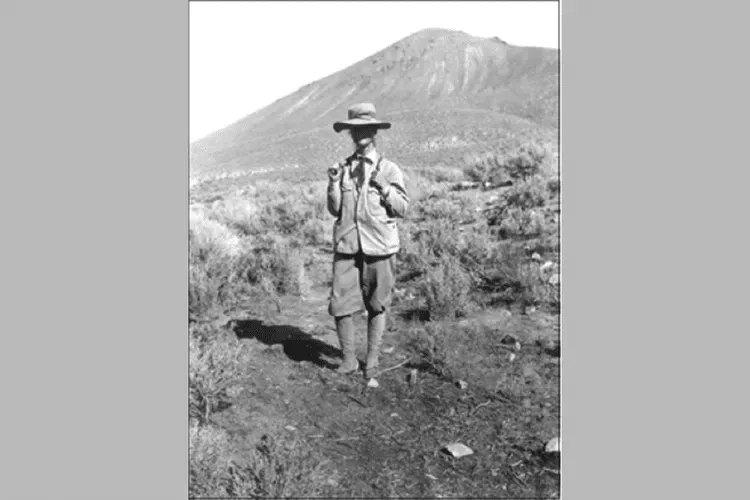
Alexander financed and traveled with some of the most famous paleontologists of his day.
The scientific names of more than a dozen species of plants and animals are named after him, as is Alaska’s Alexander Lake.
She still found time to run a successful farm with her 42-year-old friend, Louise Kellogg, who accompanied her on most of her expeditions.
Alexander was particularly interested in the natural history of California and organized and financed several expeditions to study the flora and fauna of the state.
She also supported the founding of the University of California Museum of Vertebrate Zoology and the establishment of the Point Reyes Bird Observatory.
During her lifetime, Alexander collected thousands of specimens of plants and animals, which are now part of the collections of the University of California.
She also authored numerous publications on natural history, including a comprehensive field guide to the birds of California.
Ynes Mexia
Ynes Mexia (1870-1938) was a Mexican-American botanist and explorer known for her extensive plant collection and contributions to the field of botany.
She was born in Washington D.C. to a Mexican diplomat and an American mother and spent most of her childhood in Mexico City.
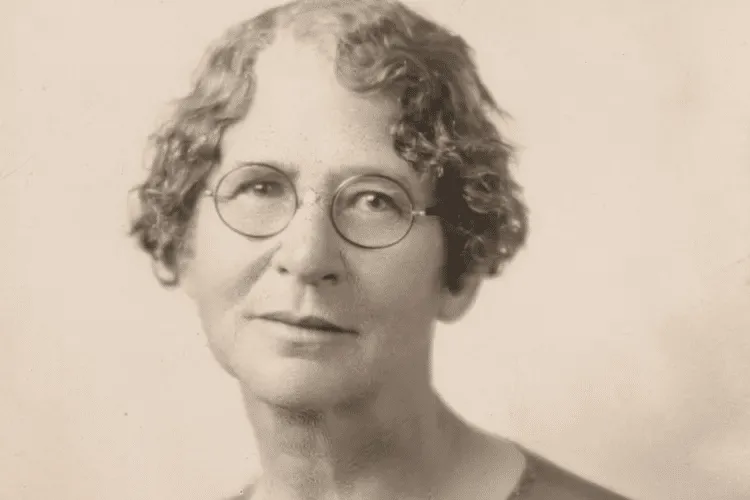
Mexia began her career as a social worker and did not start studying botany until she was in her fifties. She quickly became an accomplished botanist and participated in several expeditions to Mexico, South America, and Alaska to collect plant specimens.
Mexia’s botanical collections were significant and she discovered several new plant species, including one that was named after her: Mexianthus mexicanus. She also developed a technique for preserving plant specimens that was widely adopted by other botanists.
In addition to her scientific contributions, Mexia was a champion for women’s rights and spoke out against racism and discrimination.
She was a member of several professional organizations, including the California Botanical Society and the Sierra Club.
Hallie Daggett
Herma Baggley was the first female naturalist hired by the NPS, but two decades before she began working at Yellowstone, Hallie Daggett was the first woman to work as a fire ranger for the US Forest Service.
Born in 1878, Daggett she was an accomplished outdoorswoman who could hunt, fish, and survive in the wild.
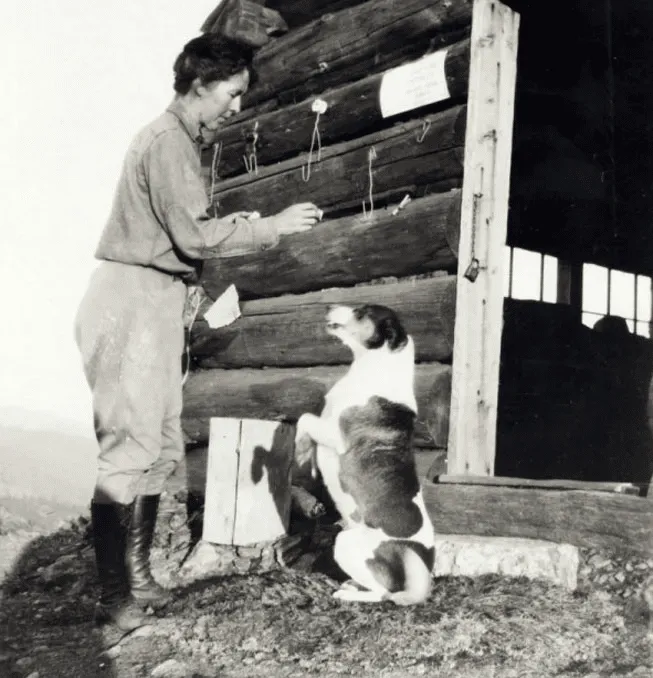
Daggett was born in Massachusetts and raised in Colorado, where she worked as a teacher before moving to Wyoming to become a homesteader.
In 1909, Daggett filed for a homestead near Burntfork, Wyoming, where she built her own cabin and started a ranch. She faced many challenges as a single woman homesteader, including harsh winters, isolation, and discrimination from male homesteaders.
During her time on the ranch, Daggett wrote a series of letters to a friend in Denver, chronicling her experiences as a homesteader.
These letters were later compiled and published as “Letters of a Woman Homesteader,” which became a bestseller and inspired a generation of women to pursue their own homesteading dreams.
Daggett’s writing also helped to dispel myths about the American West and provided a firsthand account of what life was like for a homesteader in the early 20th century. After leaving the ranch, Daggett continued to write and remained active in the Wyoming ranching community until her death in 1961.
Support us to keep independent environmental journalism alive in India.
Keep Reading
MP farmers battle stray animals, and sleepless nights to protect crops
Pesticides and agriculture threaten Sarus Cranes at Indore’s Yashwant Sagar wetland
Changing weather patterns impacts soybean crops in the Dewas region of MP
Follow Ground Report on X, Instagram and Facebook for environmental and underreported stories from the margins. Give us feedback on our email id greport2018@gmail.com.
Don’t forget to Subscribe to our weekly newsletter, Join our community on WhatsApp, Follow our Youtube Channel for video stories.
